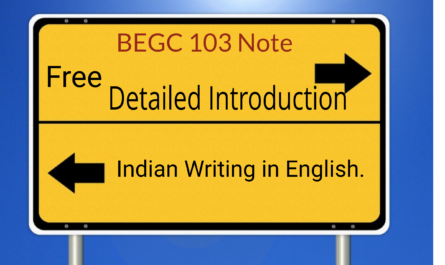Plato, a prominent ancient Greek philosopher, was born in Athens. A student of Socrates and a teacher of Aristotle, he founded the Academy in Athens, one of the earliest institutions of higher learning in the Western world. Plato’s philosophical ideas are primarily conveyed through his dialogues, written in the form of conversations between Socrates and other characters.
One of Plato’s most influential works is “The Republic,” a philosophical dialogue written around 380 BCE. Plato’s vision of an ideal state and addresses fundamental questions about justice, morality, and the nature of the human soul. In the context of the Ideal State, Plato examines the role of various classes, the nature of rulership, and the importance of education.
In Plato’s “Republic,” he presents his concept of the Ideal State, where he outlines the structure and organization of an ideal society. Within this framework, Plato offers a critical view of the role of artists, particularly poets and dramatists.
One of Plato’s main concerns is that art, especially poetry and drama, can potentially influence people’s emotions and beliefs in ways that may harm the harmony of the state. Plato argues that artists often depict the world of appearances rather than the world of ultimate reality or the Forms. He believes that art can be deceptive and may lead people away from the pursuit of true knowledge and wisdom.
Plato is particularly critical of mimetic arts, which involve imitation or representation of the physical world. He contends that artists create mere copies of reality without understanding the underlying Forms, and these imitations can distort the truth. In the context of the Ideal State, Plato is concerned that such art may arouse inappropriate emotions, undermine moral values, and contribute to the dissonance within society.
Moreover, Plato is wary of the emotional impact of tragic dramas. He argues that tragic poetry, by evoking pity and fear, can lead people to indulge in their emotions rather than engage in rational and virtuous behaviour. Plato is cautious about the potential of art to stir up irrational passions and believes that these emotional disturbances can disrupt the proper functioning of the individual and, by extension, the state.
As a result of these concerns, Plato suggests that certain forms of art, especially those that lack a clear connection to the pursuit of virtue and truth, should be censored or excluded from the Ideal State. He advocates for censorship of artistic expression to ensure that only those works that align with the values and goals of the state are permitted.
In conclusion, Plato criticizes the role of artists, particularly poets and dramatists, in his concept of the Ideal State because he believes their works may lead people away from the pursuit of truth and virtue. He is concerned about the potential for art to evoke inappropriate emotions and undermine the moral fabric of society, leading him to propose strict censorship of certain artistic expressions within his ideal political framework.

